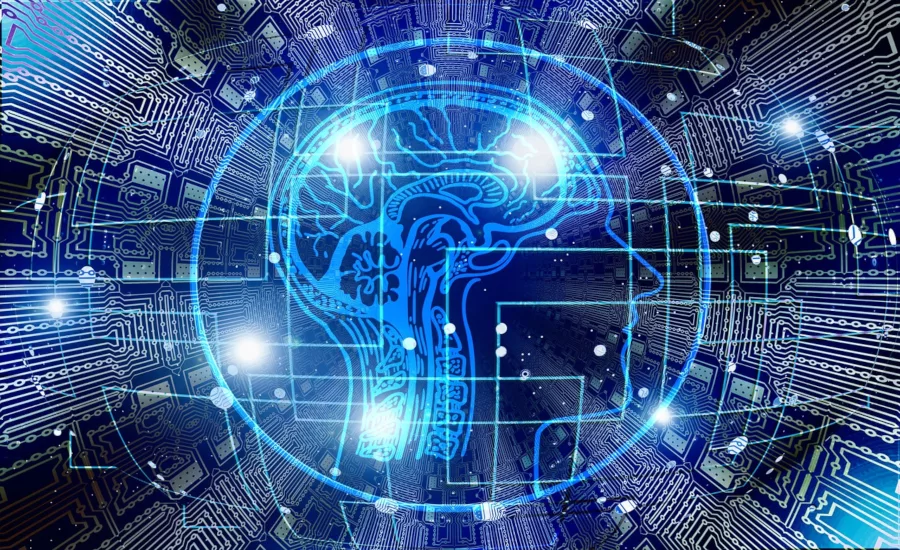Voting Machines Are Not Safe, Cybersecurity Experts Say

The use of AI assistants, social media, public wi-fi, and more – are leaving identity and privacy in a state of critical risk and U.S. elections and critical infrastructure compromises may be at risk.
Are voting machines safe? Will my ballot even matter if machines can be hacked to sway decisions? According to the report, more than 60 percent of cybersecurity experts say it is likely that hacking of voting machines will affect the next U.S. election - the same percentage of professionals 63 percent believe that Russian cyber initiatives will specifically have a significant impact on the U.S. presidential election in 2020.
Important findings include:
- 90 percent of security pros believe that no matter how careful individuals are, it’s likely that their data is available to criminals at this very moment.
- A mere 30 percent believe that it will be possible for consumers to protect their privacy and identities in the future.
- Consumer information is increasingly being spread through the use everything from clicking on attachments, repeatedly using the same password, the use of public wi-fi, AI assistants, Android devices, and more. The technology consumers use daily puts them at risk – for example, AI assistants such as Alexa and Siri were cited as high risk, and only 12 percent said using Windows-based computers was safe.
- 75 percent say that using any social network is a bad idea - 70 percent specifically say that posting anything to “public” on Facebook is a high-risk activity. Among popular social media platforms, Facebook was cited as high risk by 80 percent of respondents, Instagram was red-flagged by more than 70 percent, LinkedIn nearly 60 percent, SnapChat at 58 percent, Twitter with 53 percent, and 51 percent listed Pinterest.
Looking for a reprint of this article?
From high-res PDFs to custom plaques, order your copy today!



